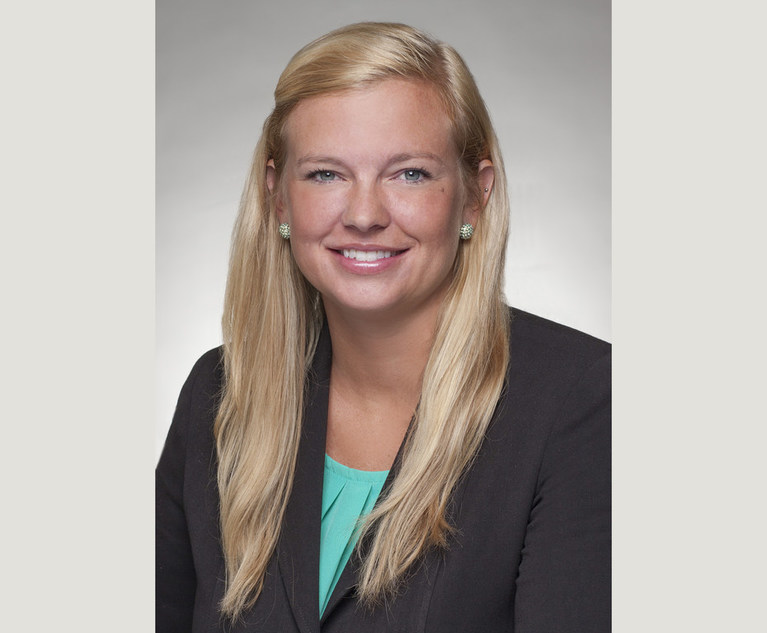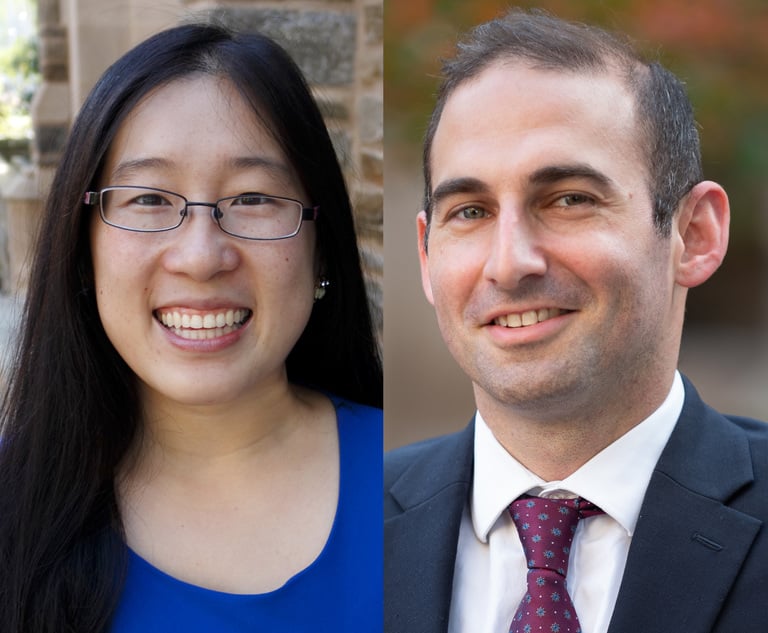Over the past several years, surging social movements have not only taken to the streets, but have taken the helm of political transformation across the country. Of course, we can view much of American history through a social movement lens. Before the Civil War, the abolition movement fought slavery; after Reconstruction, the Gilded Age saw a clash between capital and labor that led to class-based social movements fighting for workers’ rights; anti-war movements sprung up in response to World War I and II and later, Vietnam; and the civil rights movement spanned decades in the fight for racial justice. Movements have likewise marked the 21st century. The fight for marriage equality redefined the LGBTQ rights movement. The immigrant rights movement launched mass demonstrations calling for pathways to citizenship and status for Dreamers. And Occupy Wall Street challenged economic inequality on behalf of the 99%.
In 2014, a white police officer in Ferguson, Missouri, shot and killed Michael Brown, an unarmed Black man. Mass protests broke out and the Black Lives Matter movement grew in the years that followed, spurred on by numerous other high-profile killings of Black people by police. Grounded in a vision for racial equality, in cities across the United States, grassroots groups are organizing to combat mass incarceration and promote police accountability, to protect public schools from defunding and closure, to fight for renter and worker rights, and to defend community gardens and natural resources in urban communities. The groundswell of movement activism and organizing around racial, gender and economic justice issues calls for movement lawyering.


 Mary Beth Schluckebier of Public Interest Law Center. Courtesy photo
Mary Beth Schluckebier of Public Interest Law Center. Courtesy photo




